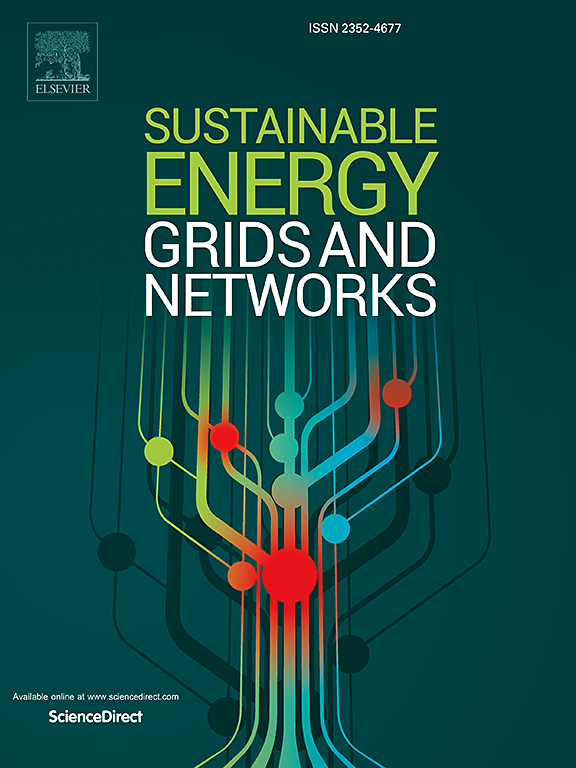Proof of Collaborative Contribution — A consensus protocol that incentivizes contribution with applications to distributed solar energy generation
IF 4.8
2区 工程技术
Q2 ENERGY & FUELS
引用次数: 0
Abstract
Blockchain technology has been adopted in various sectors including health, energy and agriculture. It functions as a distributed ledger maintained by multiple nodes, relying on consensus protocols to verify transactions and reach agreement. However, conventional protocols like Proof of Work (PoW) and Proof of Stake (PoS) face challenges with scalability and energy efficiency. This paper introduces Proof of Collaborative Contribution (PoCC), a new consensus protocol aimed at encouraging positive network contributions and fostering collaboration. It utilizes a simplified hashing mechanism secured by trusted execution environments (TEEs). As a proof of concept, PoCC is applied to a solar energy generation system, where prosumers are incentivized to offset their energy consumption and feed excess energy back into the grid. Using real-world energy data from AusGrid, our simulations demonstrate that PoCC ensures equitable block leader selection. We also show that PoCC scales well with the number of nodes, consumes significantly less energy than PoW, and is resistant to Sybil and 51% attacks. We also briefly explore other potential applications of PoCC in systems that aim to reward node contributions.
求助全文
约1分钟内获得全文
求助全文
来源期刊

Sustainable Energy Grids & Networks
Energy-Energy Engineering and Power Technology
CiteScore
7.90
自引率
13.00%
发文量
206
审稿时长
49 days
期刊介绍:
Sustainable Energy, Grids and Networks (SEGAN)is an international peer-reviewed publication for theoretical and applied research dealing with energy, information grids and power networks, including smart grids from super to micro grid scales. SEGAN welcomes papers describing fundamental advances in mathematical, statistical or computational methods with application to power and energy systems, as well as papers on applications, computation and modeling in the areas of electrical and energy systems with coupled information and communication technologies.
 求助内容:
求助内容: 应助结果提醒方式:
应助结果提醒方式:


